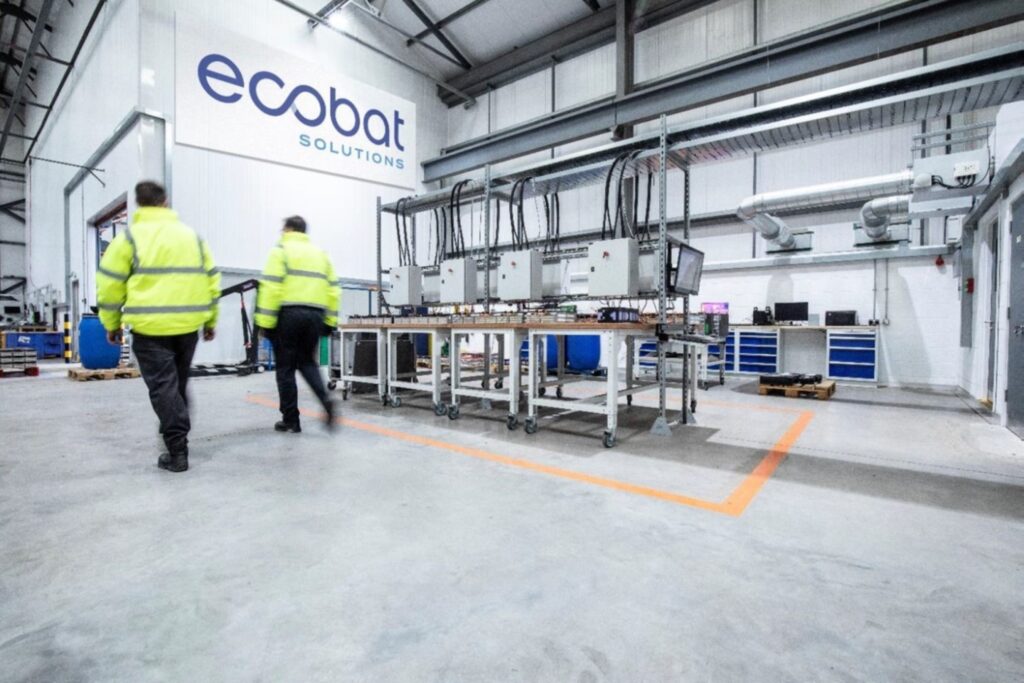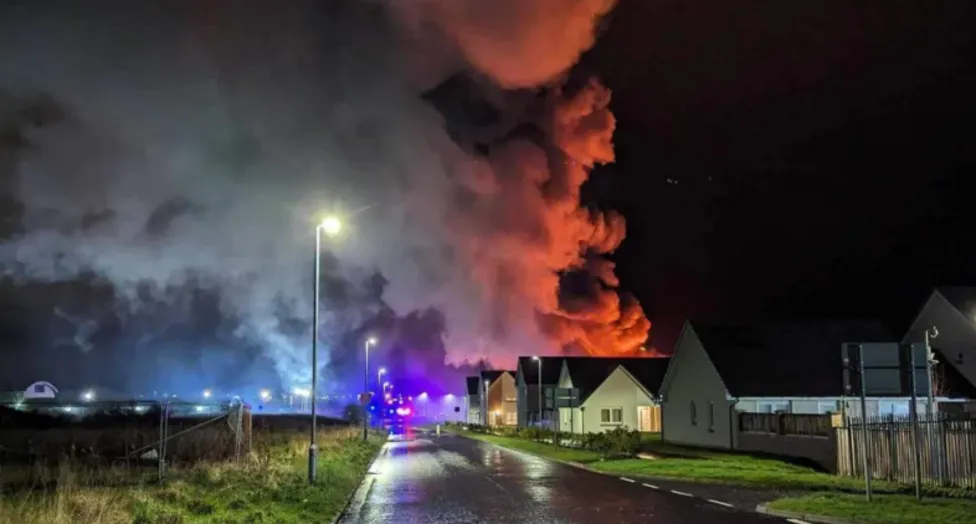Crews from West Midlands Fire Service (WMFS) arrived at the recently-opened LiBatt Recycling plant, on Lincoln Street, after reports of explosions and smoke was seen spiralling from the site.
Later in the afternoon further explosions were heard, causing damage to the roof of a nearby steel building, according to the fire service.
It was reported that six fire engines and around 30 firefighters attended the scene, which sits near to the city’s train station and a Royal Mail depot, and managed to extinguish the blaze.
No injuries were reported from the fire.
It is the second fire since the facility opened. In July 2023 it unfortunately had a small fire in one of its seven storage bays only days after opening.
LiBatt claims to be the UK’s first industrial lithium-ion battery recyclers for car batteries, saving many of the country’s used batteries from being exported to Asia.
The firm is part of the Recyclus Group, which runs the £10m facility, and previously said it expected 8,300 tonnes of lithium-ion batteries would be processed in the first year. They aim to increase this to 22,000 tonnes of batteries per annum.
It has been granted a licence by the Environment Agency to have storage capacity for 100 tonnes of lithium-ion batteries, equivalent to around 200 EV car batteries.

The company offers to recycle cells from electric cars and scooters, the industrial sector, and batteries from mobile phones and laptops.
It first separates non-ferrous and ferrous metals using magnetic energy. Further refinement in a secondary shredder ensures the recovery of significant amounts of valuable lithium, manganese, cobalt, and nickel metals, which can be sold back into the battery supply chain.
The number of fires caused by batteries has been rising in recent years. A survey conducted by Material Focus among local authorities last year discovered that there were over 700 battery-related fires in the waste and recycling system across the UK.
Local authorities last year began putting out warnings before Christmas of the fire risk from batteries and new devices in the home. Lithium-ion batteries present a fire risk when over-charged, submerged in water, or damaged. Using faulty or poorly manufactured devices and chargers further increases the risk.











Subscribe for free